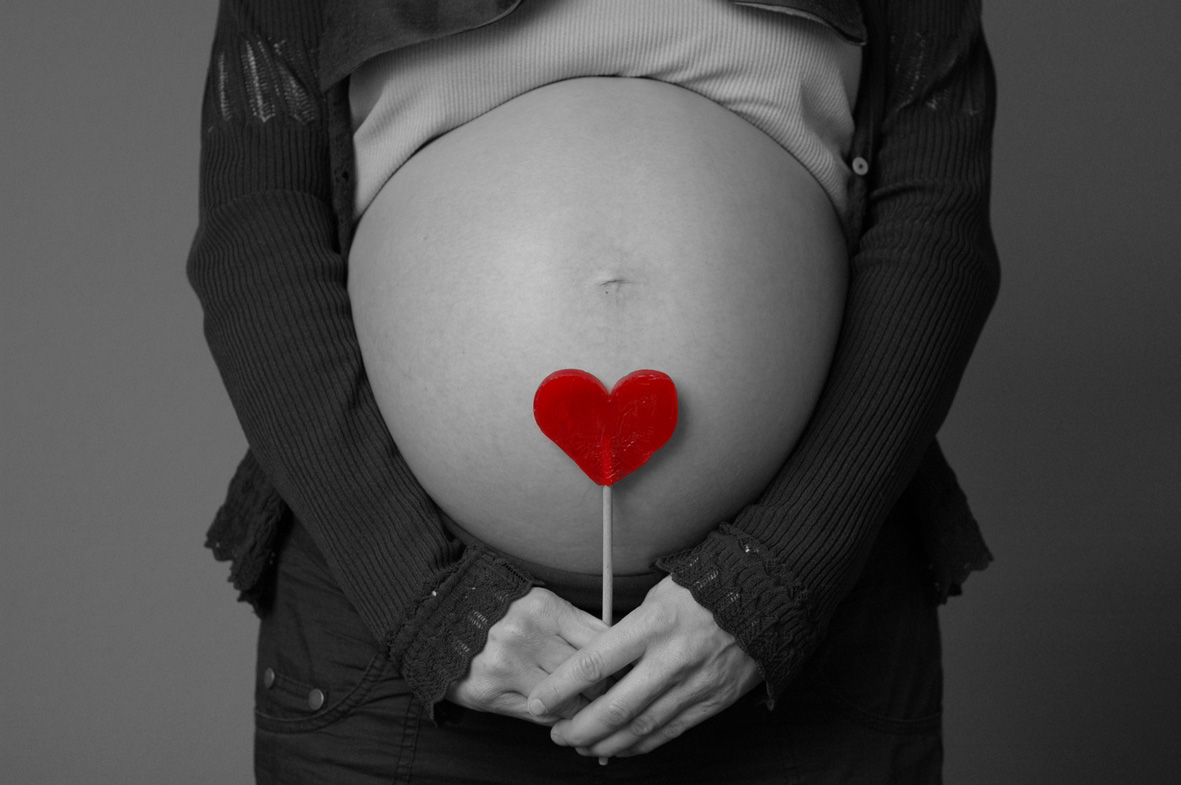
Photo credits: Neville F. Hacker, Joseph C. Gambone, and Calvin J. Hobel
Movies often depict ill pregnant women sacrificing their own well-being to birth a healthy child. However, a research team of Buenos Aires, Argentina has recently proven women at risk of influenza A/H1N1 do not have to make that choice. The MF59 adjuvant A/H1N1 influenza vaccine does not increase the risk of adverse perinatal events.
The influenza pandemic swoops around every year causing more deaths than an expected virus should. In the past, A/H1N1 in pregnant women has been associated with higher hospital admissions, dangerous perinatal outcomes, a rise in perinatal mortality, and early births by about four fold. An H1N1 vaccine using MF59 as the adjuvant (the 2nd punch in a 1,2 combo) was developed in 1997. However, it was seldom prescribed for women nearing birth because of the lack of data detailing the risks. This study attempts to prove that MF59 adjuvant vaccines for H1N1 influenza do not increase risk of malignant perinatal and/or maternal events.
This cross-sectional multi-center study spanned 49 hospitals in the public healthcare sector of Argentina (which handles 15% of live births in all of Argentina). Between September 2010 and May 2011, 30,448 mothers (7,293 vaccinated with H1N1 adjuvant during pregnancy) and 30,769 newborns participated. Mothers were surveyed up to day seven after delivery. Of the vaccinated women, 39.4%, 48.6%, and 10.1% received vaccination during the first, second, and third trimester respectively (1.9% were unknown).
When comparing the vaccinated and non-vaccinated women, it seems those who received the adjuvant had an overall lower incidence of perinatal events. Specifically, in vaccinated women, the following events were seen as reduced:
– Premature birth: 24.6% reduction (P < 0.01)
– Low birth weight: 28.9% reduction (P < 0.01)
– Perinatal mortality: 36.4% reduction (P < 0.01)
– APGAR score < 7: 20% reduction (P = 0.018)
However, maternal complications during pregnancy noted were on par between both groups of women. Analysis of preterm+low birth weight+perinatal mortality rates between the groups led to an odds ration of 0.80 with 95% CI from 0.72 to 0.89 comparing vaccinated to non-vaccinated women.
The A/H1N1 vaccine adjuvant was not linked to any major complications for mother or child during the perinatal period. Perhaps now more women will be able to receive this vaccination when needed without experiencing that surreal moment of “My babies life…or mine?”. (Of course my dramatics here are unnecessary, but the study has proven this vaccine safe)
Reference:
F. Rubinstein, P. Micone, A. Bonotti, V. Wainer, A. Schwarcz, F. Augustovoski, A. Pichon Riviere, A. Karolinski. Influenza A/H1N1 MF59 adjuvanted vaccine in pregnant women and adverse perinatal outcomes: multicentre study. British Medical Journal, 2013.
http://dx.doi.org/10.1136/bmj.f393
I am sure this post has touched all the internet people, its really really
good paragraph on building up new blog.